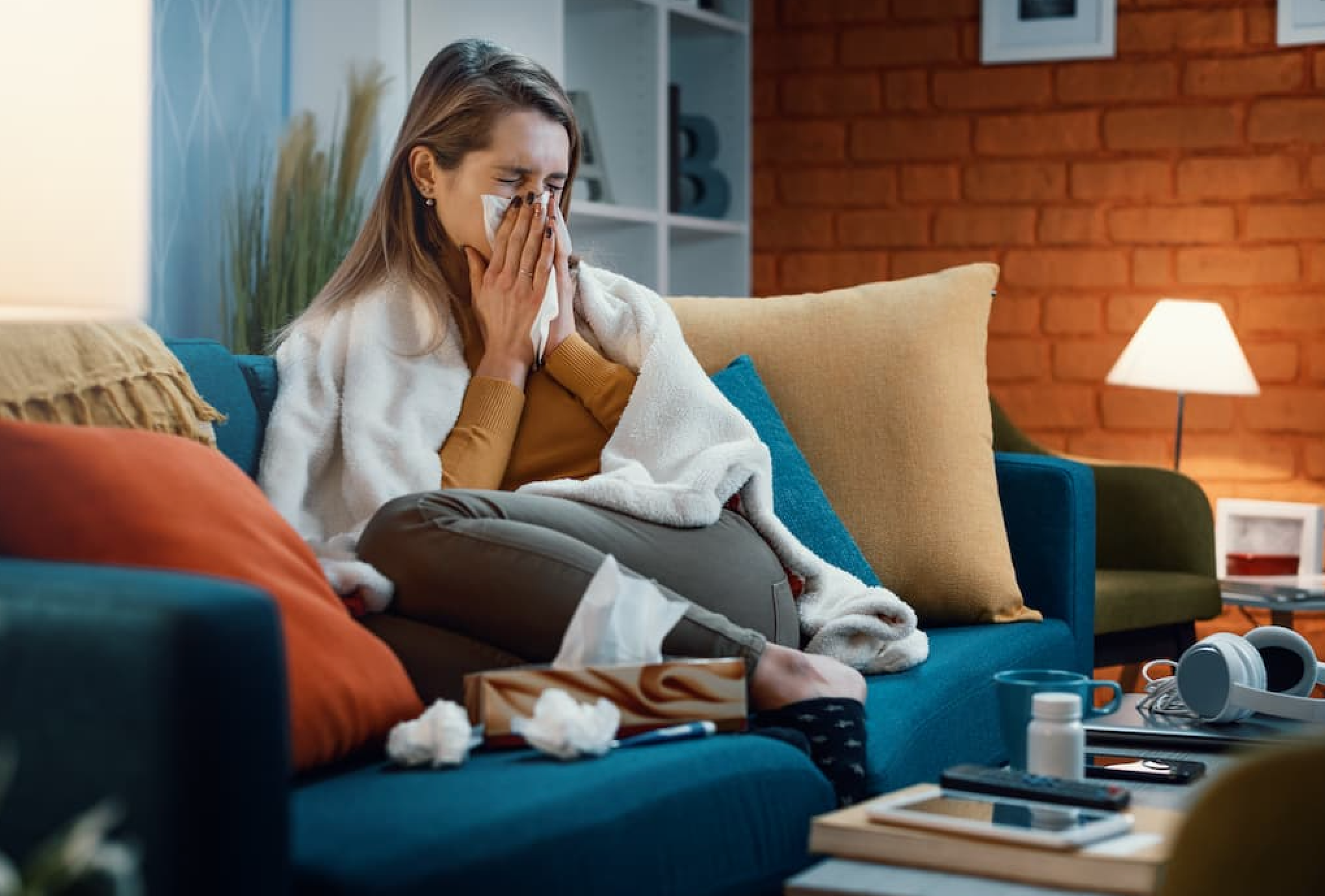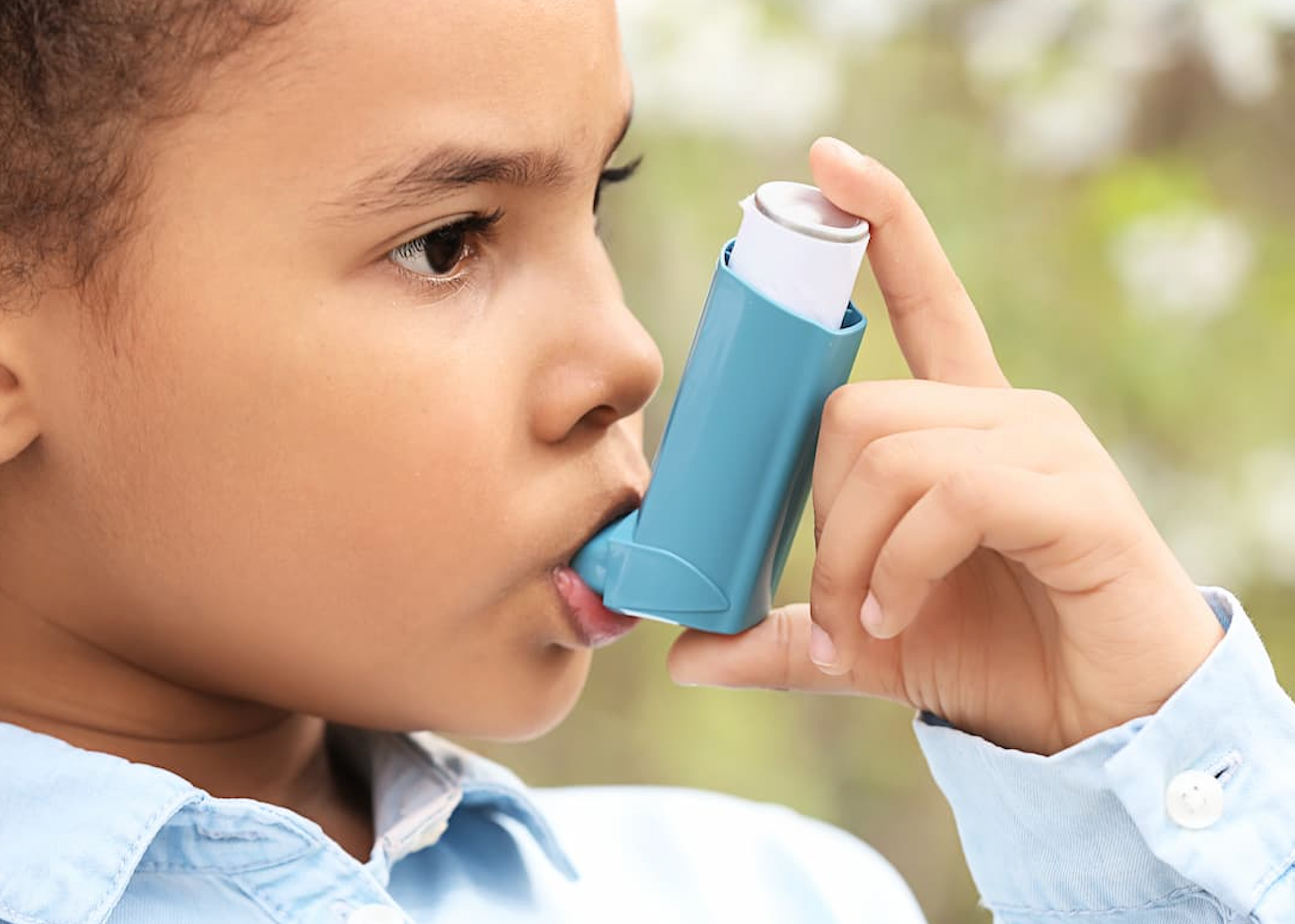
Tips for Managing Asthma in the Heat, With Reynold A. Panettieri Jr., M.D.
Reynold Panettieri Jr., M.D., explains why heat, humidity and air pollution make summer a high-risk season for asthma flare-ups.
By
Lana Pine| Published on June 25, 2025
5 min read
As summer temperatures climb, so do the challenges for people living with asthma. From air pollution and heat to wildfire smoke and shifting activity routines, managing asthma during the warmer months requires extra attention. In an interview with The Educated Patient, Reynold A. Panettieri Jr., M.D., vice chancellor and director of the Rutgers Institute for Translational Medicine and Science, shares practical advice on how to minimize risk and safely stay active and why even mild asthma symptoms should never be ignored.
Why is summer such a challenging time for people with asthma?
Reynold A. Panettieri Jr., M.D.: Summer can be tough for people with asthma because of the heat, humidity and air pollution. Heat and humidity make breathing more difficult, increasing the work it takes to breathe. The good news is that pollen levels tend to be lower in the peak of summer — plants aren’t actively pollinating as much. But the downside is that sunlight converts pollutants like car emissions into irritants like ozone and sulfur dioxide. These environmental triggers can lead to asthma flare-ups. On the bright side, there are usually fewer viral infections in summer. Most virus-related asthma flares happen in winter or when kids return to school in September.
You mentioned air pollution — are there any other lesser-known asthma triggers in summer?
RP: Yes, for some people, freshly cut grass can be a trigger, especially if they’re allergic to it. But the biggest concerns in summer are still air pollution and wildfires. Wildfire smoke — like from recent Canadian wildfires — can drift into the U.S. and cause serious breathing issues for patients with asthma.
How can people with asthma — especially those with mild or occasional symptoms — stay safe while being active outdoors or on vacation?
RP: Exercise is important, even for people with asthma or chronic obstructive pulmonary disease (COPD). But when you exercise, you breathe more deeply and take in more of the surrounding air — including pollutants. So, try to work out when the air is cleaner: early in the morning or later in the evening, when temperatures and pollution levels are lower. Swimming is also great — no pollen in the water, and it’s excellent for cardio health.
Why is it important to take even mild asthma symptoms seriously?
RP: Mild asthma can still lead to serious problems. Even people with mild or intermittent asthma can have life-threatening flare-ups. These often require treatment with oral corticosteroids like prednisone, which can cause serious side effects — obesity, high blood pressure, depression, glaucoma and bone loss. Just two exacerbations a year is too much. So taking asthma seriously at all stages is really important.
Your team recently published research in the New England Journal of Medicine. Could you tell us a bit about what you found?
RP: Yes, we showed that even patients with mild, intermittent asthma can benefit from rescue inhalers that include both an inhaled steroid and albuterol. This combo significantly reduced asthma attacks compared with albuterol alone. It’s a big step forward, even for patients who don’t think their asthma is “serious.” A few years ago, we found similar benefits in moderate to severe asthma, and now we’ve extended those findings to milder cases too.
Do you have any advice for parents of kids or teens with asthma, especially if they’re active in sports or at summer camp?
RP: Yes — make sure your child takes their daily medication if prescribed. Always send them with a rescue inhaler, especially during outdoor activities. If symptoms flare up, they need to speak to a doctor right away to prevent a more serious attack.
Any final takeaways for our audience?
RP: Summer is a great time to relax and enjoy the outdoors — but don’t ignore how heat and humidity can affect breathing. If you’re having trouble, get into an air-conditioned space. That helps reduce humidity and makes breathing easier. And if you want to exercise, try indoor walking at places like malls, where the environment is controlled.
This transcript was edited for clarity.

